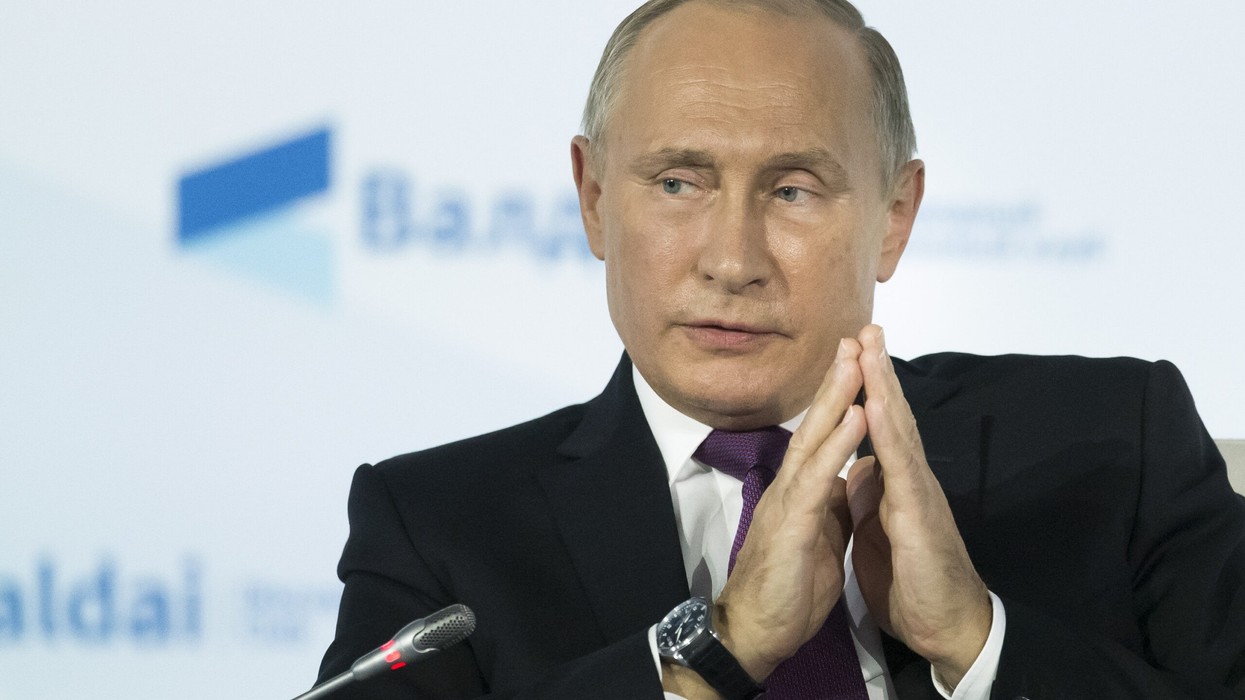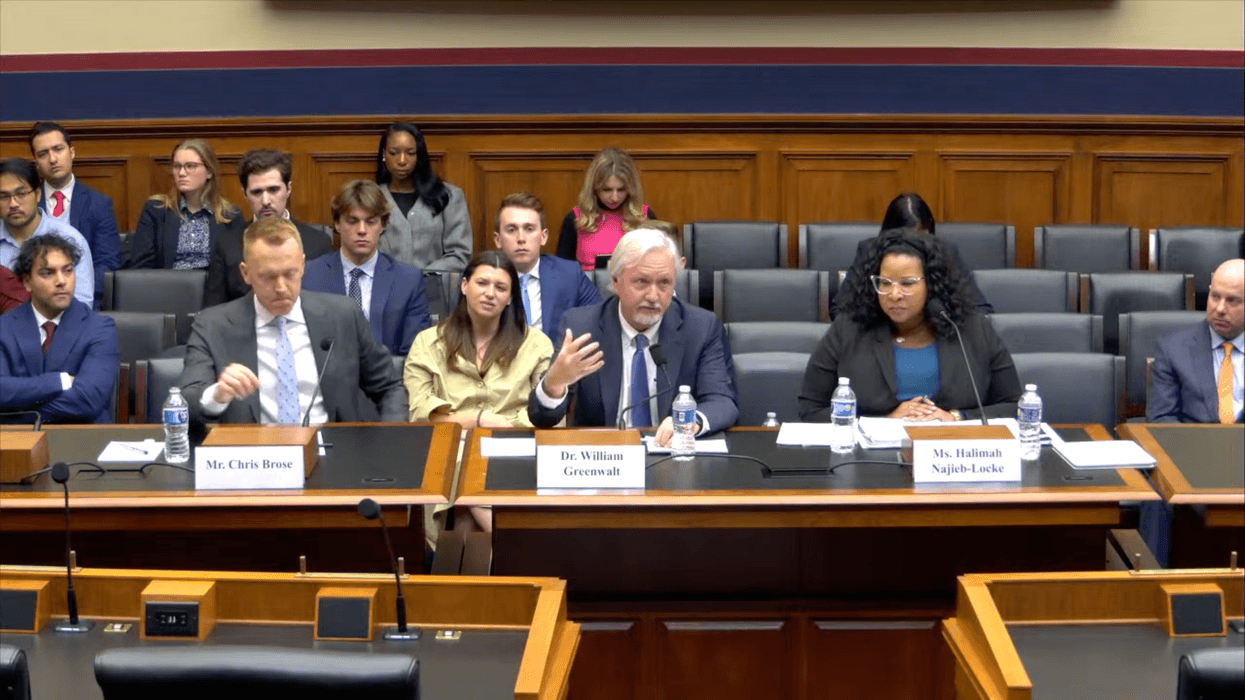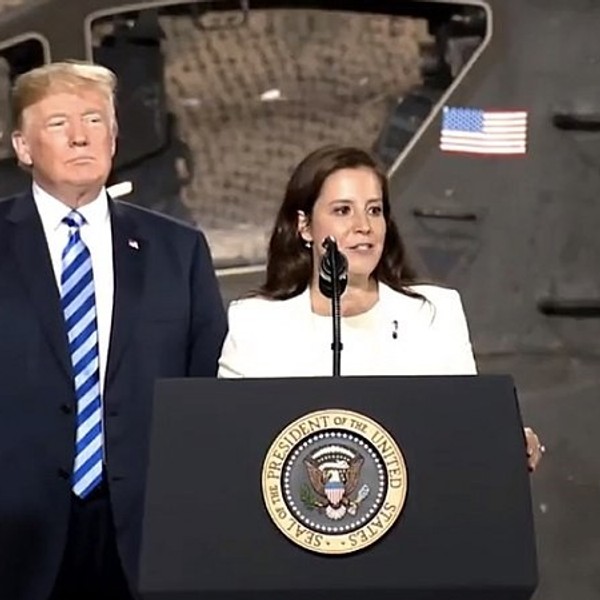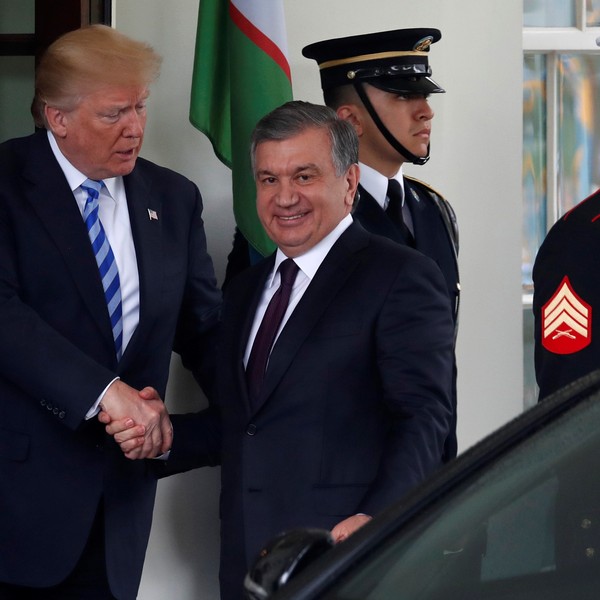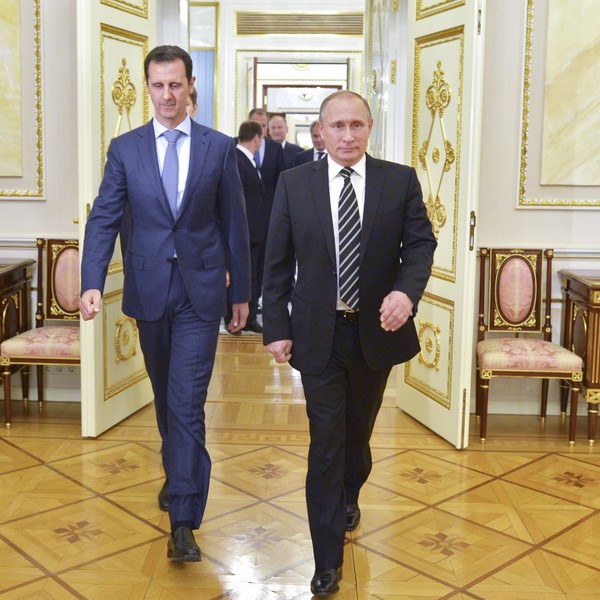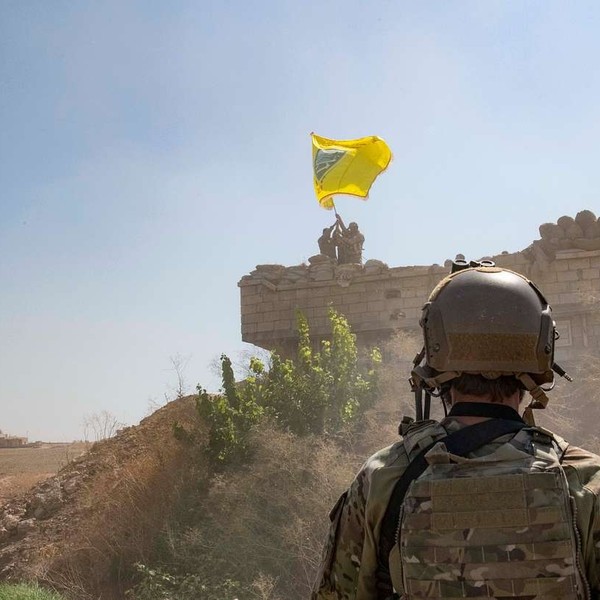The Biden administration announced last week that it intends to move forward with a $259 million sale of upgrades to Turkey’s fleet of F-16s after leaders in Congress gave their “informal approval.” While the administration’s requested $20 billion arms transfer to Turkey is still pending due to congressional resistance, last week’s smaller sale was meant to send a “positive signal” to Ankara following Turkey’s approval last month of Finland’s accession to NATO.
Turkey, however, has consistently used its fleet of F-16s — which will be upgraded if the sale closes — to commit grave, well-documented violations of human rights and international law. The pending upgrades would likely contravene the administration’s new conventional arms transfer policy (CAT), which commits the United States to “[p]revent arms transfers that risk facilitating or otherwise contributing to violations of human rights or international humanitarian law.”
The previous CAT policy required the State Department to bar arms sales to foreign states when it had “actual knowledge” that the transferred arms would be used to violate international humanitarian law or human rights law. Since “actual knowledge” is a very high standard, this language effectively guaranteed that the CAT would have little to no humanitarian safeguards. The Biden administration’s new policy strengthened human rights protections by replacing the “actual knowledge” standard with a one that bars the State Department from approving arms transfers when it is “more likely than not” that the weapons will be used to violate human rights or international law.
The Biden administration’s CAT policy does not solely apply to weapons, but also to the “transfer of defense articles, related technical data, and defense services” that appears to cover the pending sale to Turkey. According to the statement by the Defense Security Cooperation Agency (a division of the Department of Defense), the sale includes:
[H]ardware and software upgrades to include aircraft major modification; both classified and unclassified software and software support; integration and test support; support equipment; training and training equipment; spare and repair parts; publications and technical documentation; U.S. Government and contractor engineering, technical, and logistical support services; and other related elements of logistical and program support.
Last week’s proposed transfer explicitly includes “defense articles, related technical data, and defense services” and thus should be subject to the Biden administration’s new CAT.
Accordingly, the legitimacy of the sale of upgrades to Turkey’s F-16 fleet hinges on whether it is “more likely than not” that Turkey will use the transferred equipment to violate international humanitarian law or human rights law.
In light of Turkey’s well-documented history of using its F-16s to commit serious human rights violations and war crimes, this sale would likely violate Biden’s CAT policy.
Turkey’s current fleet of active combat warplanes includes 45 American-origin F-4s and 245 more advanced American-origin F-16s. According to the Campaign Against the Arms Trade, a London-based NGO, Turkey’s F-16s are the fighter jets used “in most of its bombing campaigns.”
Over the last few years, Turkey repeatedly used its fleet of F-16s in its invasions and occupations of multiple Kurdish enclaves in northern Syria. Prior to its ground invasion of Afrin in 2018, the Turkish Air Force bombardments with F-16s killed hundreds of civilians and upwards of 1,000 American-allied Kurdish fighters, while displacing at least 100,000 civilians. In late 2019, Turkey attacked other Kurdish cities in northern Syria with artillery shells and F-16s, killing over 500 civilians, according to the Syrian Democratic Forces. With support from the Turkish Air Force, the Turkish Army then invaded and occupied a 120 kilometer-wide swath of northern Syria from Tel Abyad to Ras al Ain, displacing an additional 200,000 civilians.
According to Human Rights Watch, these invasions “have been fraught with human rights abuses.” Amnesty International, Human Rights Watch, and the Syrian Observatory for Human Rights all separately documented grave war crimes and violations of international law committed by Turkish forces, including “indiscriminate bombardment” by the Turkish Air Force. The United States, United Nations, European Union, and the Arab League strongly condemned the invasions, and European Union states halted arms sales to Turkey following the 2019 invasion. Legal scholars, the European states on the UN Security Council, and Germany’s Parliamentary Research Service all found that Turkey’s 2019 invasion and subsequent occupation were clearly illegal under international law.
Today, Turkey continues to launch airstrikes — via F-16s, drones, and artillery — not only against Kurdish communities in Syria, but against targets in Iraqi Kurdistan as well. Over the past five years, Turkey has bombed northern Iraq hundreds of times, frequently killing civilians. From February to July of 2022, Turkey bombed the region 190 times; Turkish fighter jets, primarily F-16s, accounted for 150 of those attacks. The Turkish Air Force has often (including as recently as May 2022) used drones and F-16s to bomb Makhmour Refugee Camp, a UN-recognized refugee camp for Kurdish communities who fled southeastern Turkey en masse in the 1990s.
Both the Kurdish regional government and the Iraqi government have called on Turkey to end its attacks on Kurds in northern Iraq. According to the United Nations Assistance Mission for Iraq, these bombings illustrate a “shocking disregard for civilian life and for the universally accepted standards of international humanitarian and human rights law.”
Given this reality, transferring an arms package that increases the effectiveness of one of the main weapons used by Turkey to commit these gross human rights violations — including war crimes — should not be permitted under the Biden administration’s new CAT policy. The Biden administration should be commended for creating a conventional arms transfer policy with a strong emphasis on human rights and international law. For a country that accounts for 40 percent of global arms exports, the Biden administration’s new policy is desperately needed. The pending Turkish sale should be a test of its seriousness.


